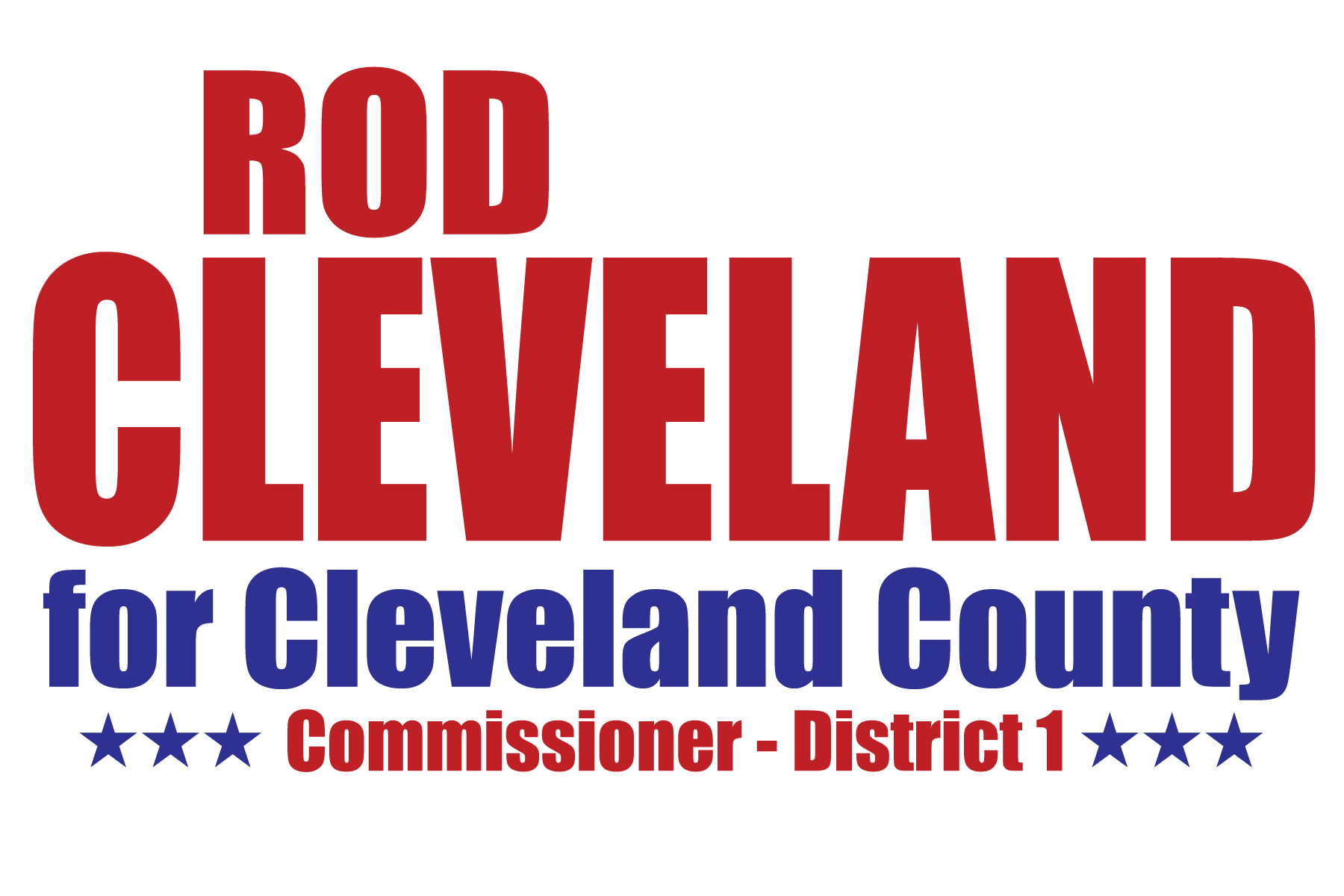In the last couple of weeks, county residents have received their property tax assessment. Many have noticed an increarse in their taxable value of 5% over the previous year while the market value has decreased. Why?
-
State Question 676 – Five Percent Value Limitation On Property Tax Assessment
 This measure amends Article 10 of the Oklahoma Constitution. It adds a new section 8B. This measure limits the fair cash value of real property for property tax purposes. The fair cash value would not increase by more than 5% in any taxable year. This limit would only apply to real property which is assessed by a county assessor. If the property is transferred, changed, or conveyed, the limitation would not apply for that year. The limitation does not apply if improvements have been made to the property. If improvements have been made to the property, the increased value to the property will be assessed for that year. Any county which is not in compliance with laws or regulations governing valuation of property would not be allowed to apply the 5% limitation. This measure does not apply to personal property. The measure does not apply to property valued or assessed by the State Board of Equalization. The legislature would be allowed to enact laws to implement this section. This measure takes effect on January 1, 1997.
This measure amends Article 10 of the Oklahoma Constitution. It adds a new section 8B. This measure limits the fair cash value of real property for property tax purposes. The fair cash value would not increase by more than 5% in any taxable year. This limit would only apply to real property which is assessed by a county assessor. If the property is transferred, changed, or conveyed, the limitation would not apply for that year. The limitation does not apply if improvements have been made to the property. If improvements have been made to the property, the increased value to the property will be assessed for that year. Any county which is not in compliance with laws or regulations governing valuation of property would not be allowed to apply the 5% limitation. This measure does not apply to personal property. The measure does not apply to property valued or assessed by the State Board of Equalization. The legislature would be allowed to enact laws to implement this section. This measure takes effect on January 1, 1997.
-
State Question 676 Summarized
The 5% limitation is not an automatic increase every year for every property. The limitation is utilized for those properties where the true market value is more than the limited or capped taxable value. This concept was confirmed by the attorney general in an opinion in September of 2001. To see the full outline of the Attorney General’s opinion click here Attorney General Opinion .
The 5% limitation is not an automatic increase every year for every property. The limitation acts as a “phase-in” tool to hold back substantial increases when there is a strong demand in the real estate market causing rapid increases in property values. When market conditions reflect that property values have increased greater than 5% the limitation allows only a gradual increase rather than the true increase based on the market value.
Actual property taxes can increase by more than 5%. The 5% limitation relates only to real property value not property tax. Increases in millage rates, which are used in calculating property taxes, usually are a result of a vote from bond issues that may be county wide and/or related to a particular city or school district. These voter approved issues have no bearing on the 5% limitation law.
Senator Reynolds Offering Property Tax Relief Legislation
Senator Jim Reynolds (R-OKC), will sponsor legislation offering property tax relief to Oklahoma homeowners in the 2009 legislative session. Reynolds’ bill will cap the annual increase in property taxes at 2.5% or the rate of inflation, whichever is less, effective January, 2010.
 “I’ve talked to too many homeowners in my district and around the state who are feeling pinched every year when they get their property tax assessment,” said Reynolds. “Due to a flaw in current law, County Assessors are raising property taxes the maximum allowable 5% every year, even when real property values may be remaining flat or even dropping.
“I’ve talked to too many homeowners in my district and around the state who are feeling pinched every year when they get their property tax assessment,” said Reynolds. “Due to a flaw in current law, County Assessors are raising property taxes the maximum allowable 5% every year, even when real property values may be remaining flat or even dropping.
SJR 5 is similar to a bill Reynolds offered in previous years, cutting the growth of property taxes for all homeowners, including newlyweds, baby boomers and seniors.
Reynolds notes that numerous states across the nation have instituted safeguards against escalating property taxes, while in Oklahoma over the past two decades, property taxes have increased at a rate nearly twice the rate of inflation.
“At this rate, property taxes on young families, retirees, and all homeowners will double every fifteen years,” Reynolds added.
“With housing values flat or declining in many areas, it’s unconscionable that taxes continue to increase,” Reynolds said. “This tax relief will promote and encourage home ownership, bringing more families and retirees into our neighborhoods, and increasing the quality of life in Oklahoma,” he concluded.
If passed by the Senate and House, SJR 5 will go to a vote of the people for ratification.
If you disagree with your valuation, you have the right to protest to the assessor Board of Equalization in your county.
